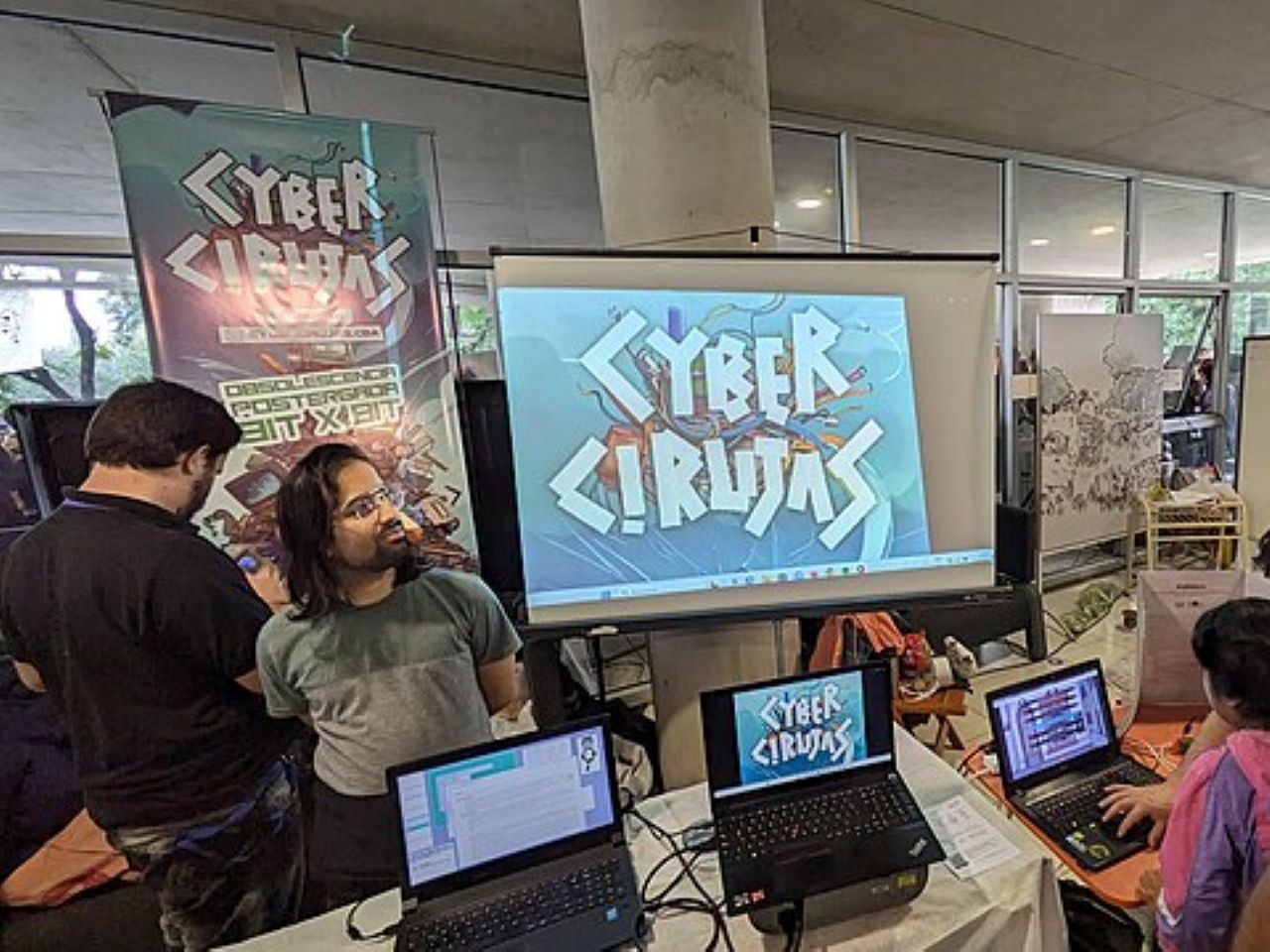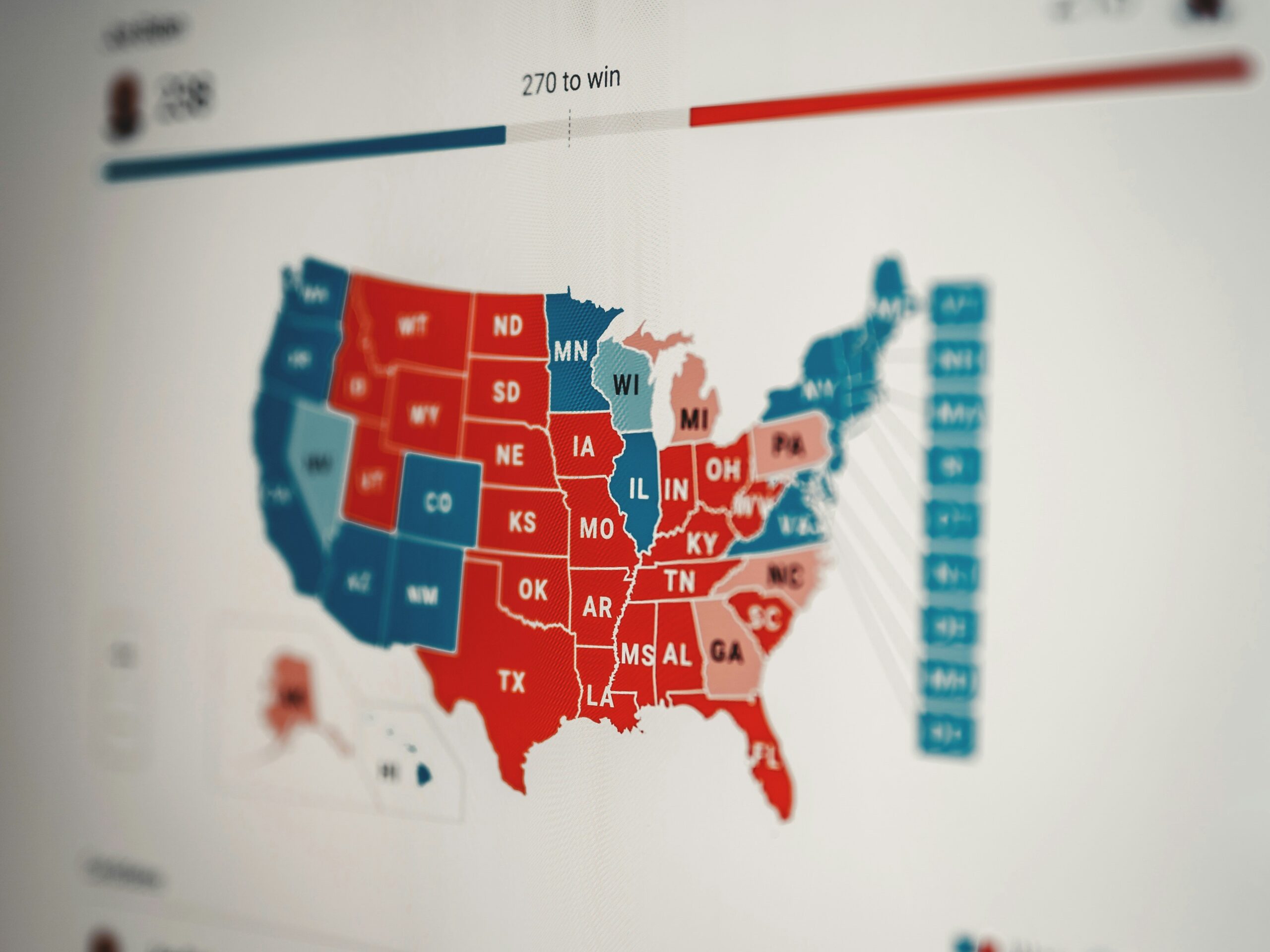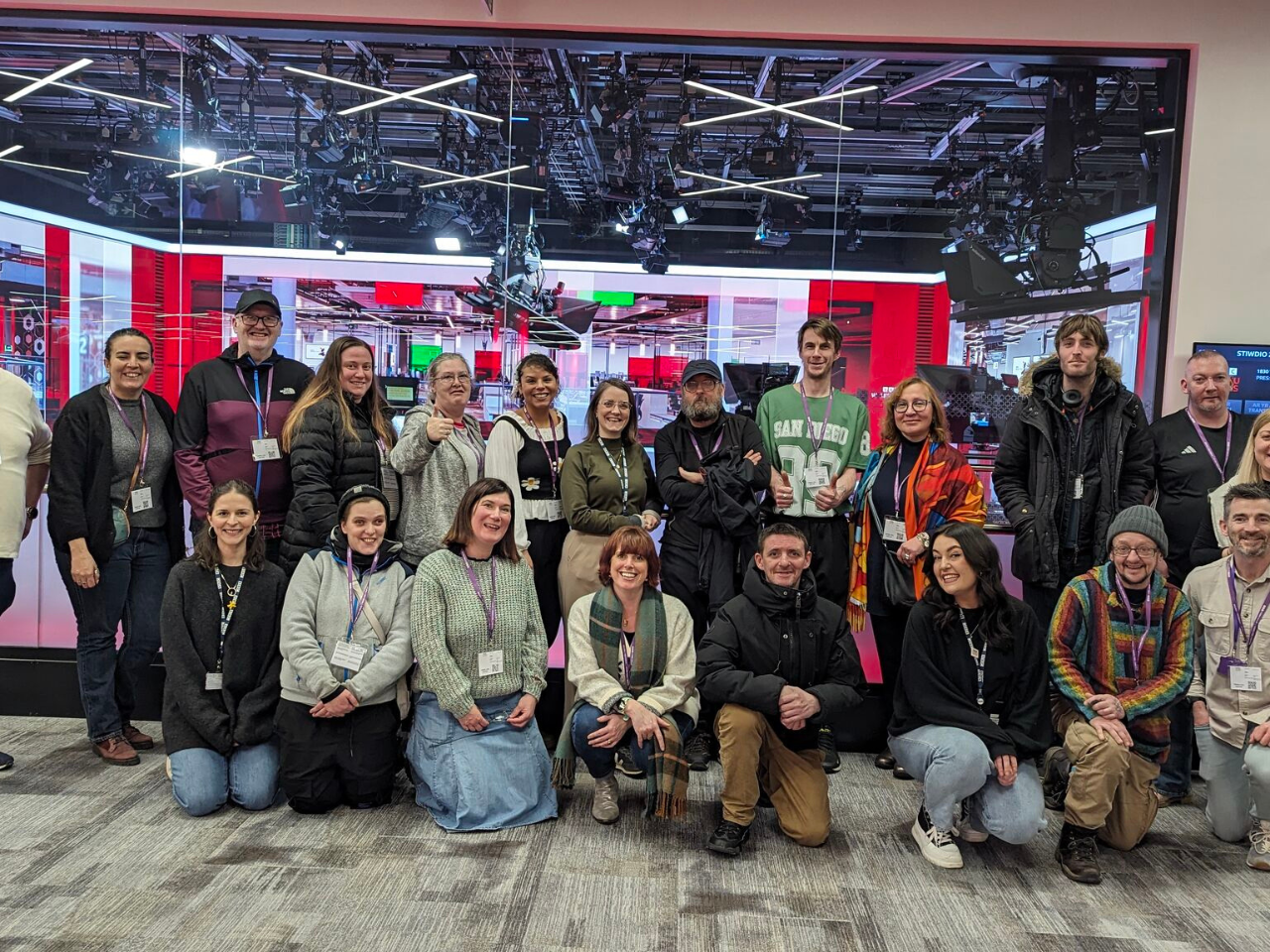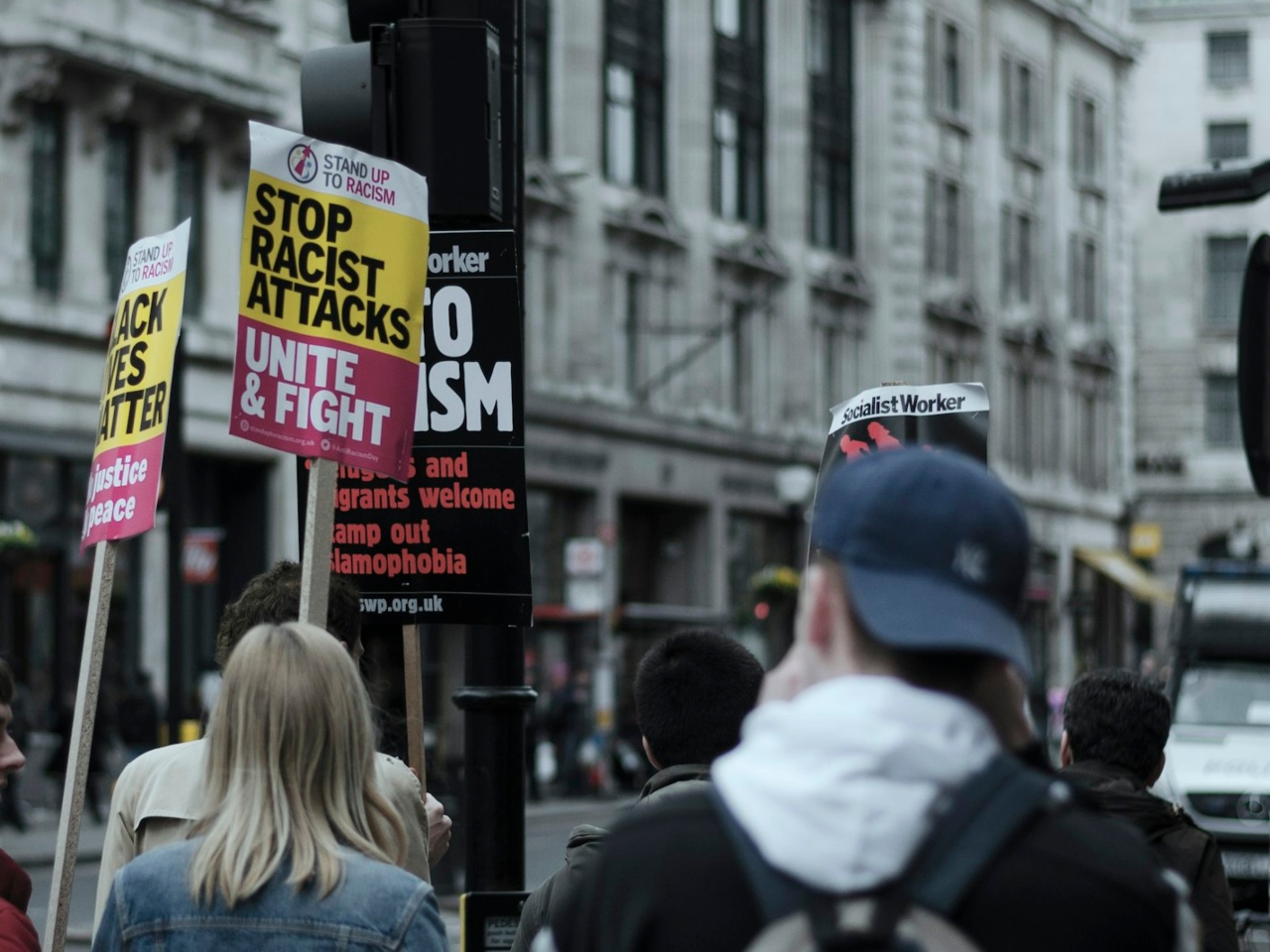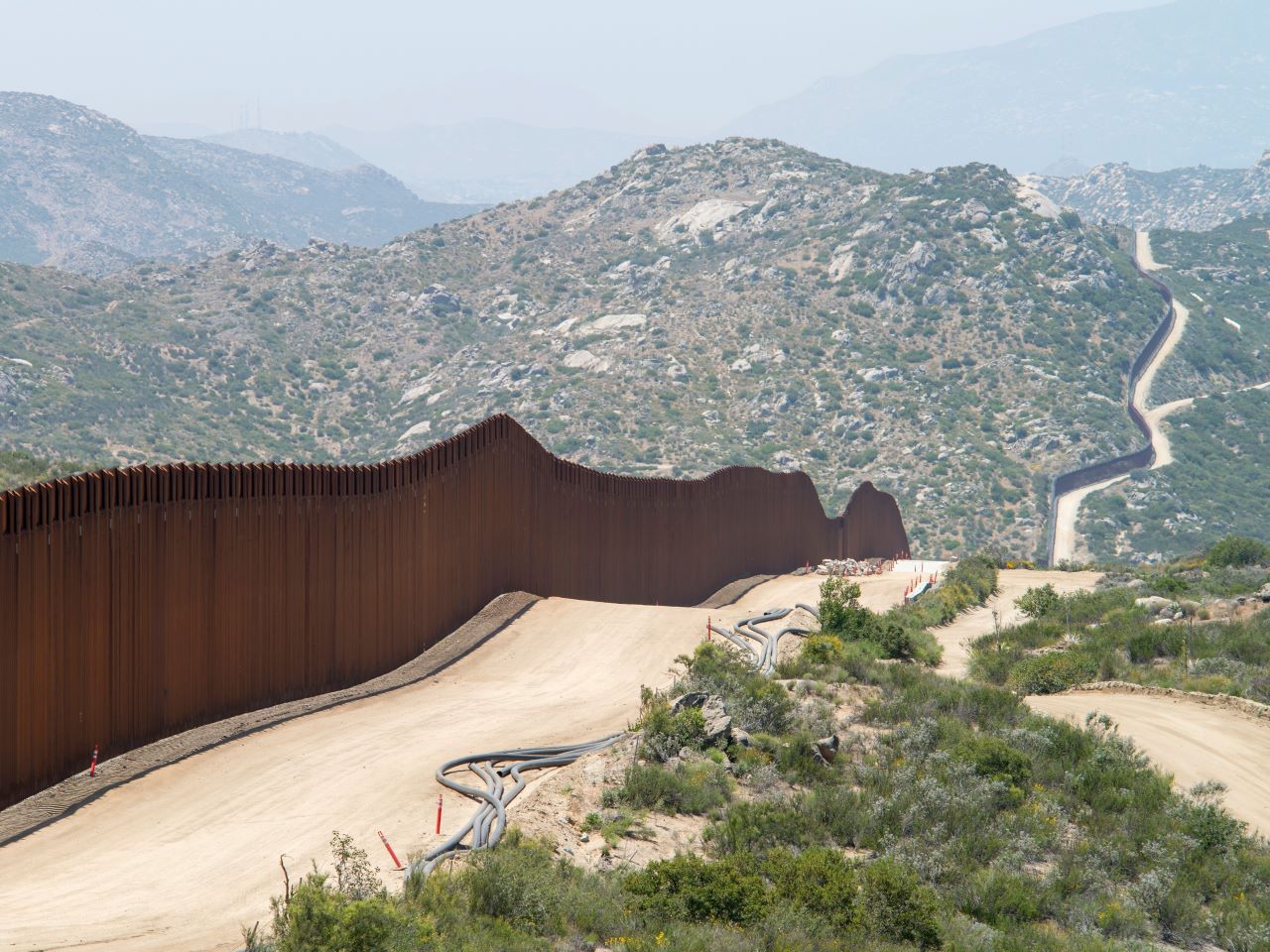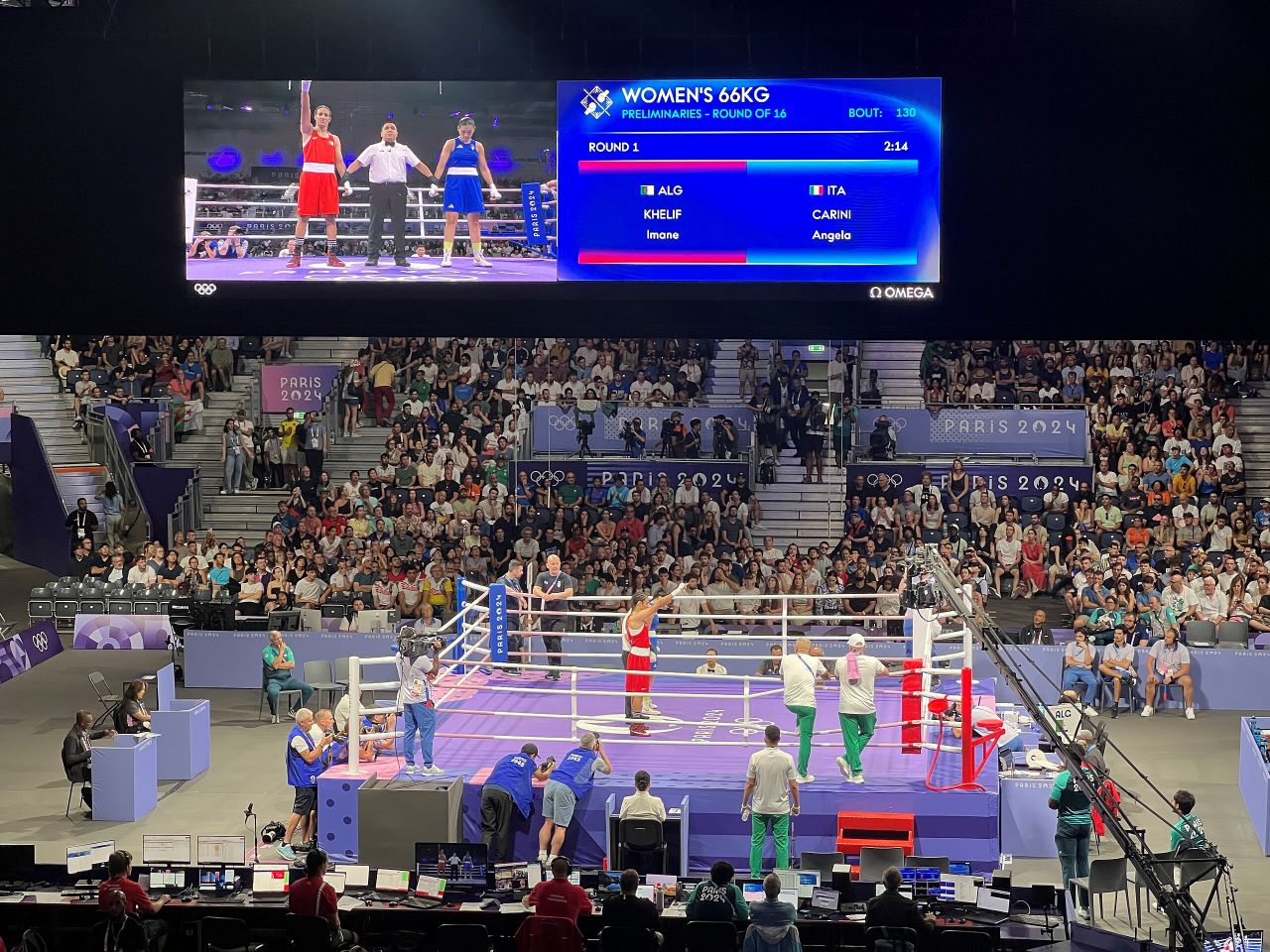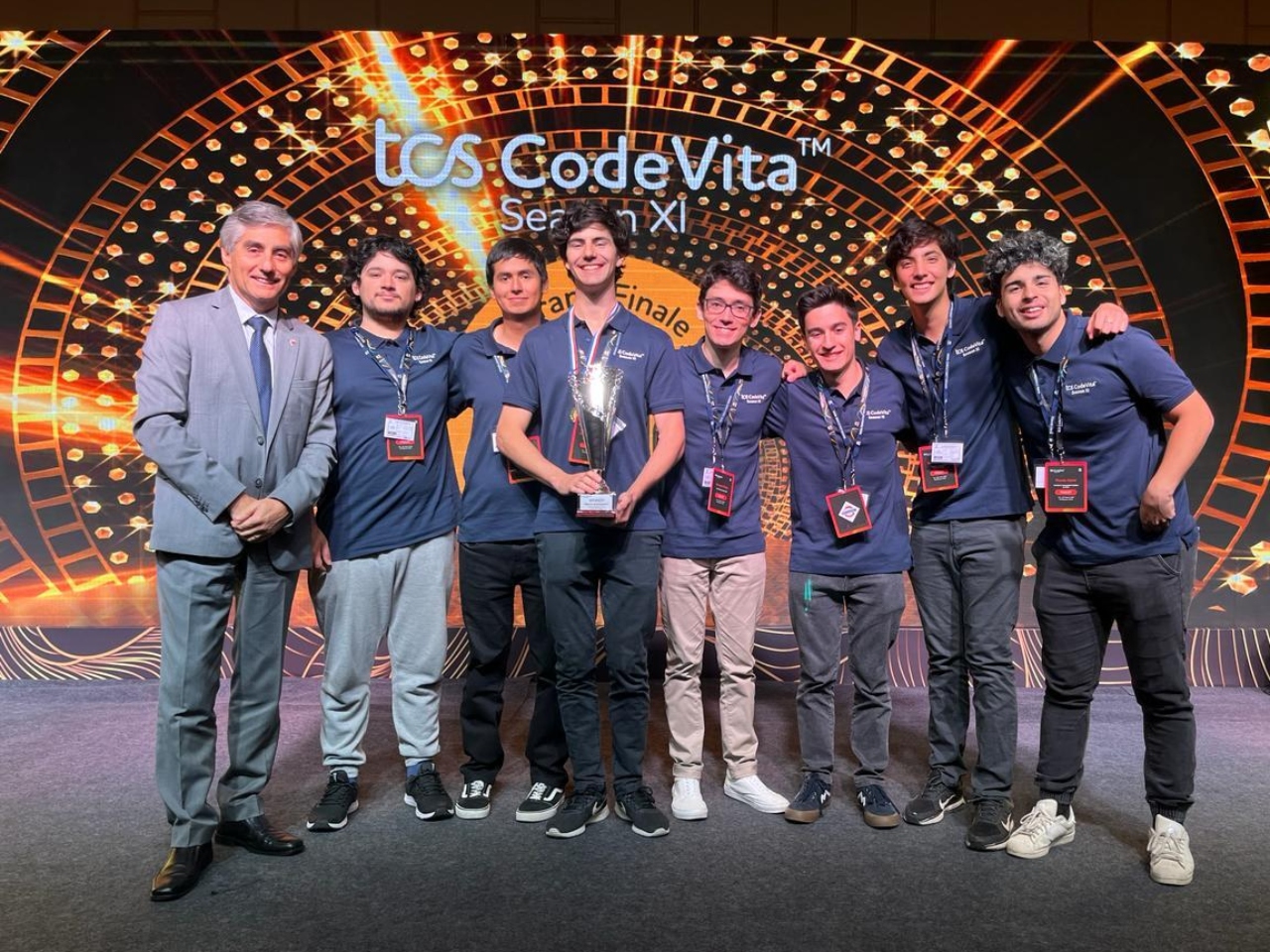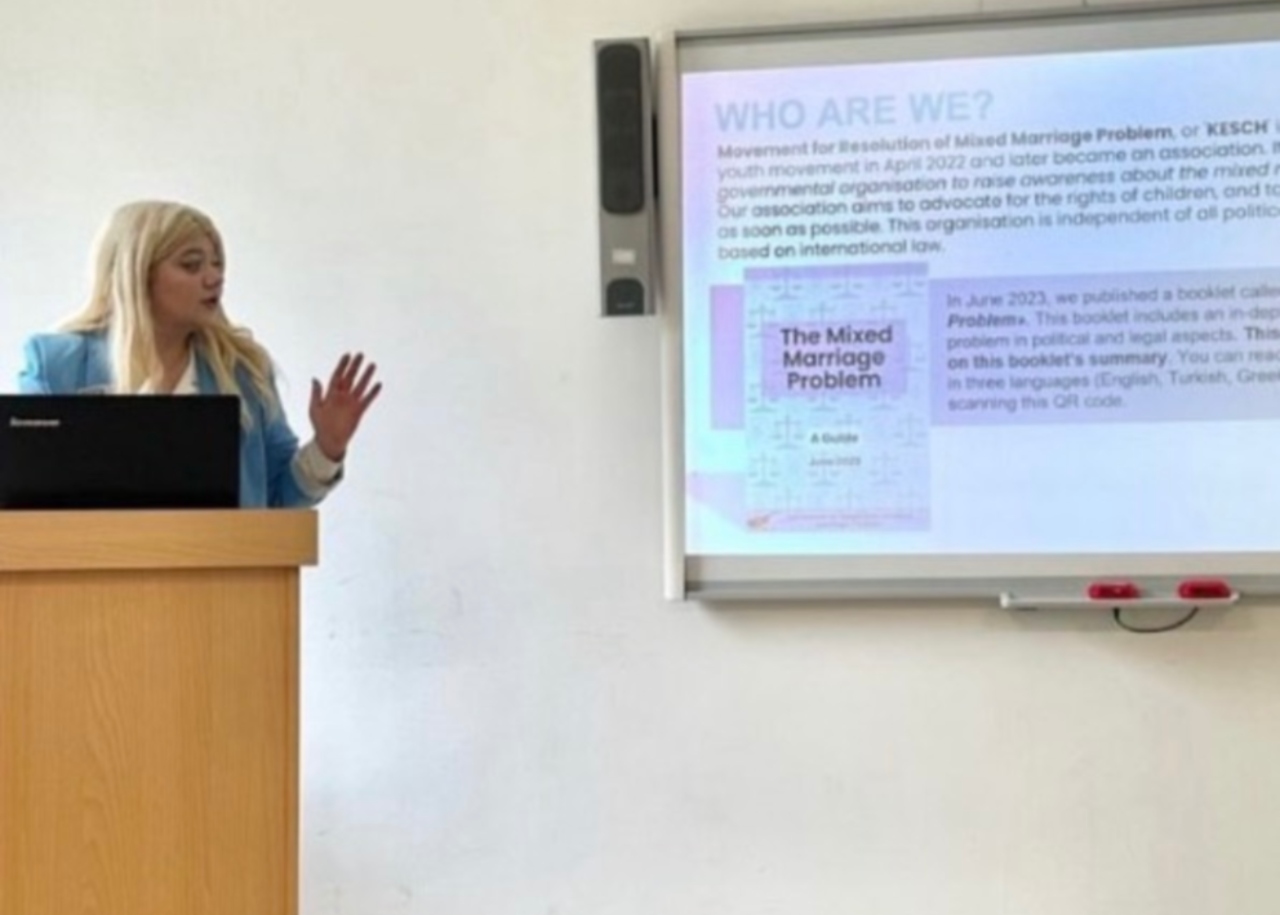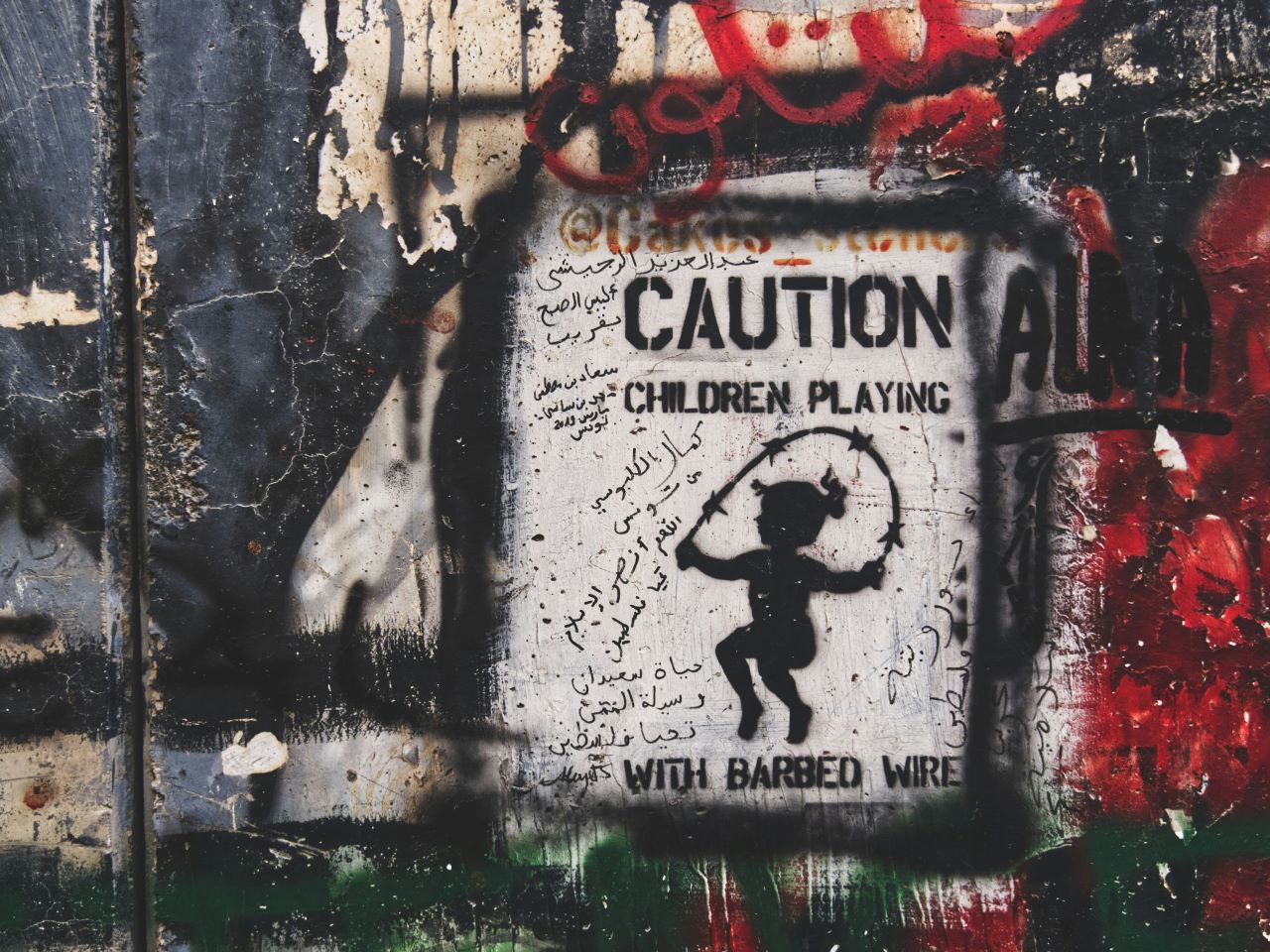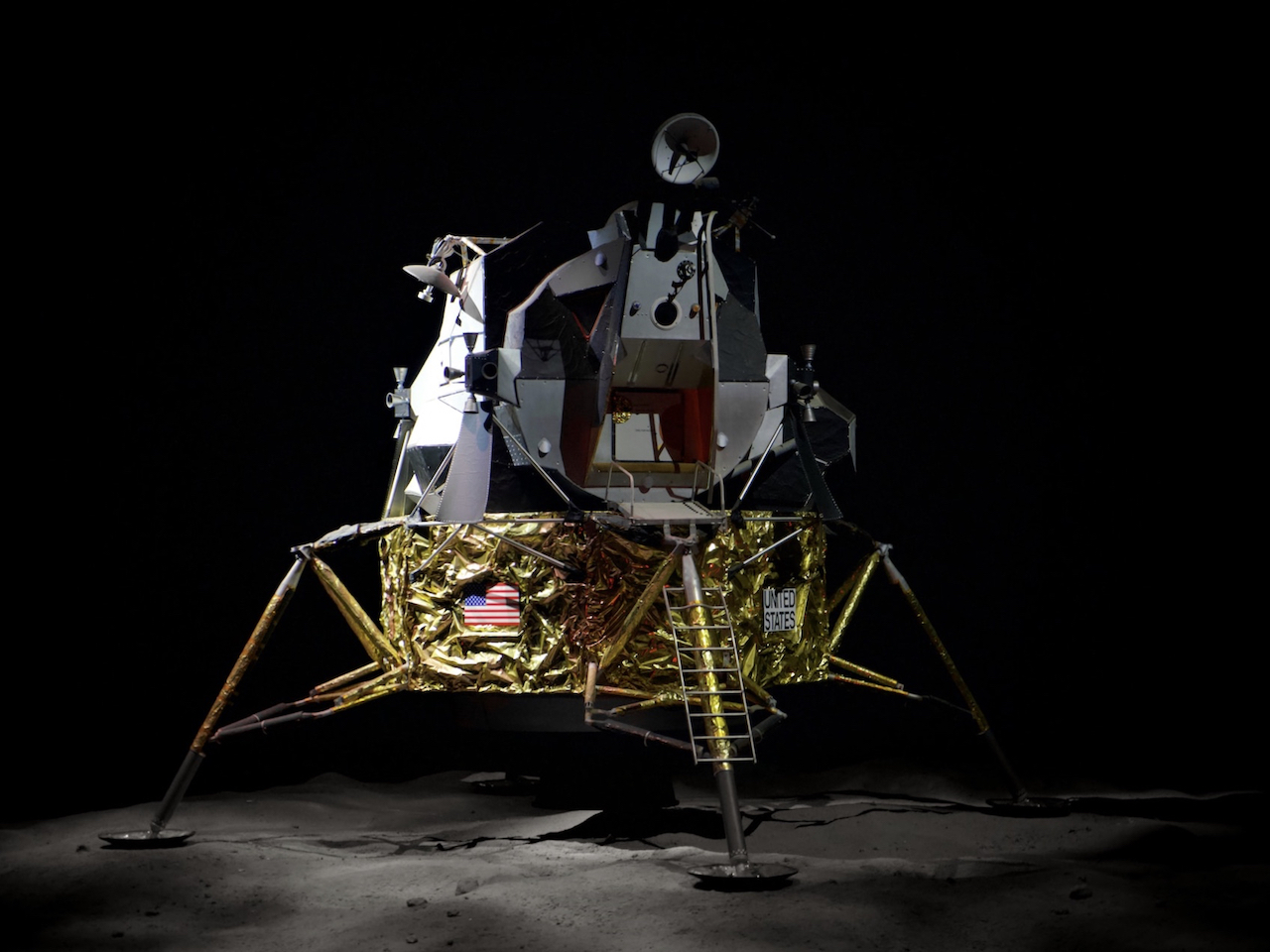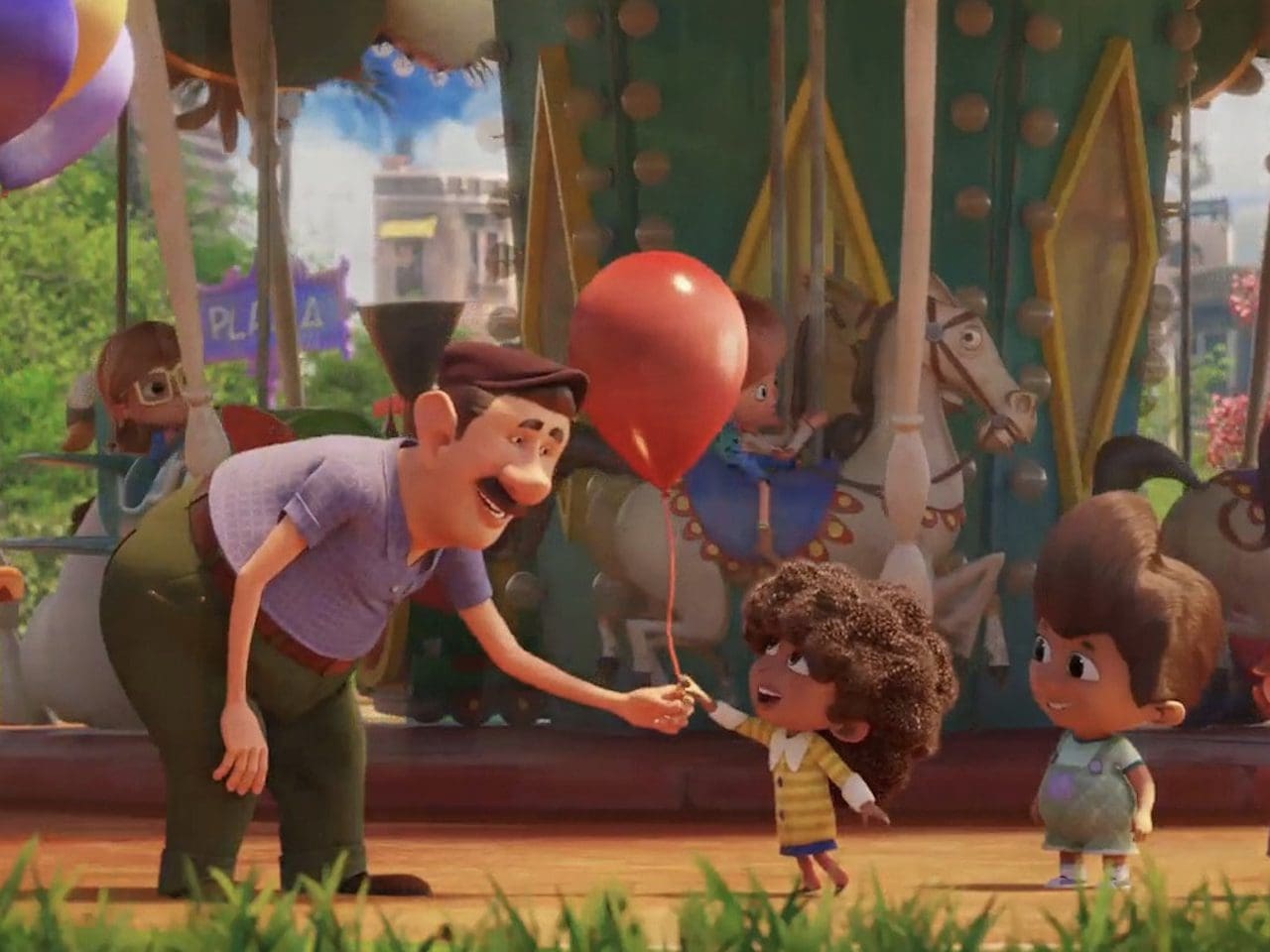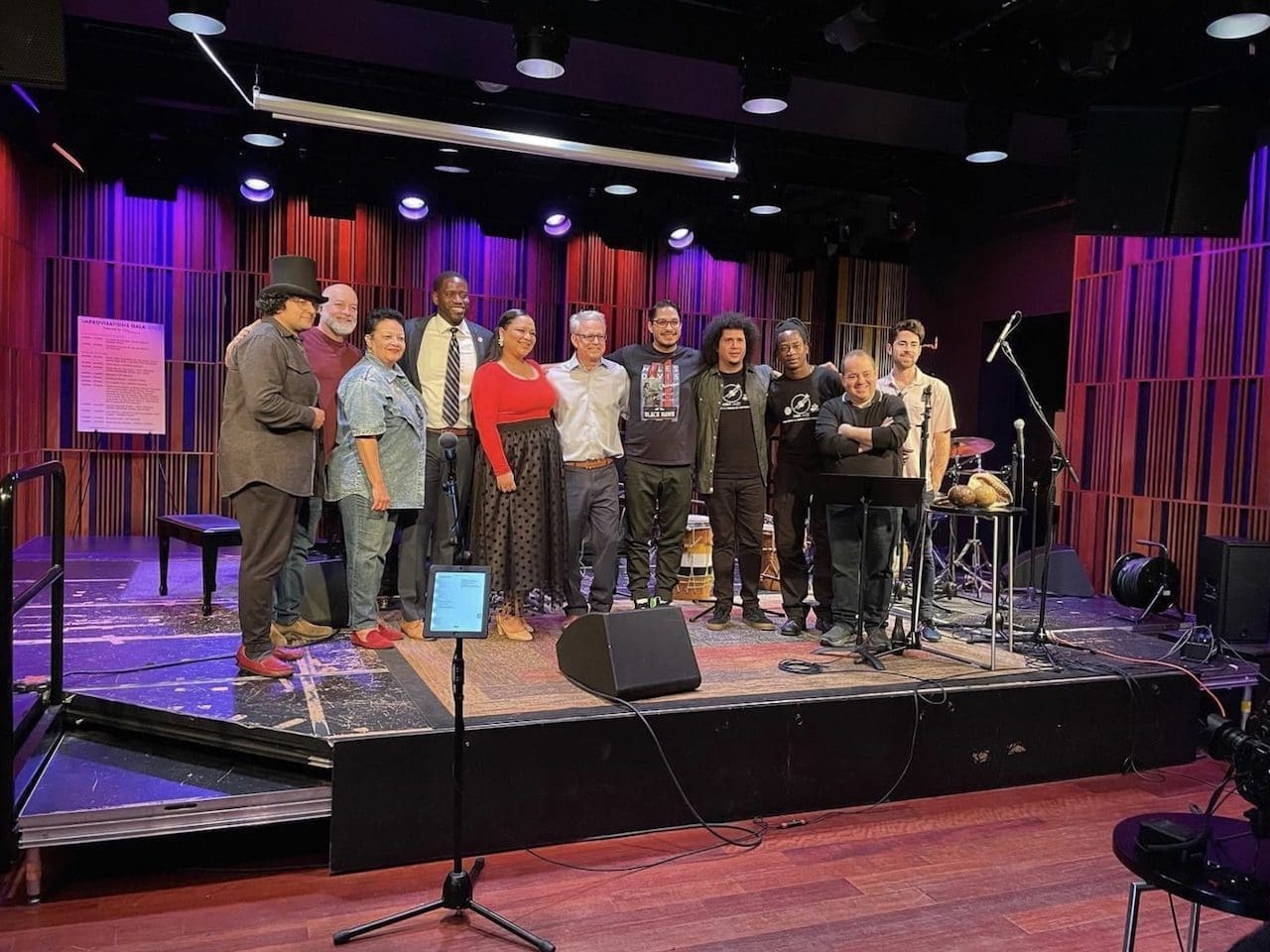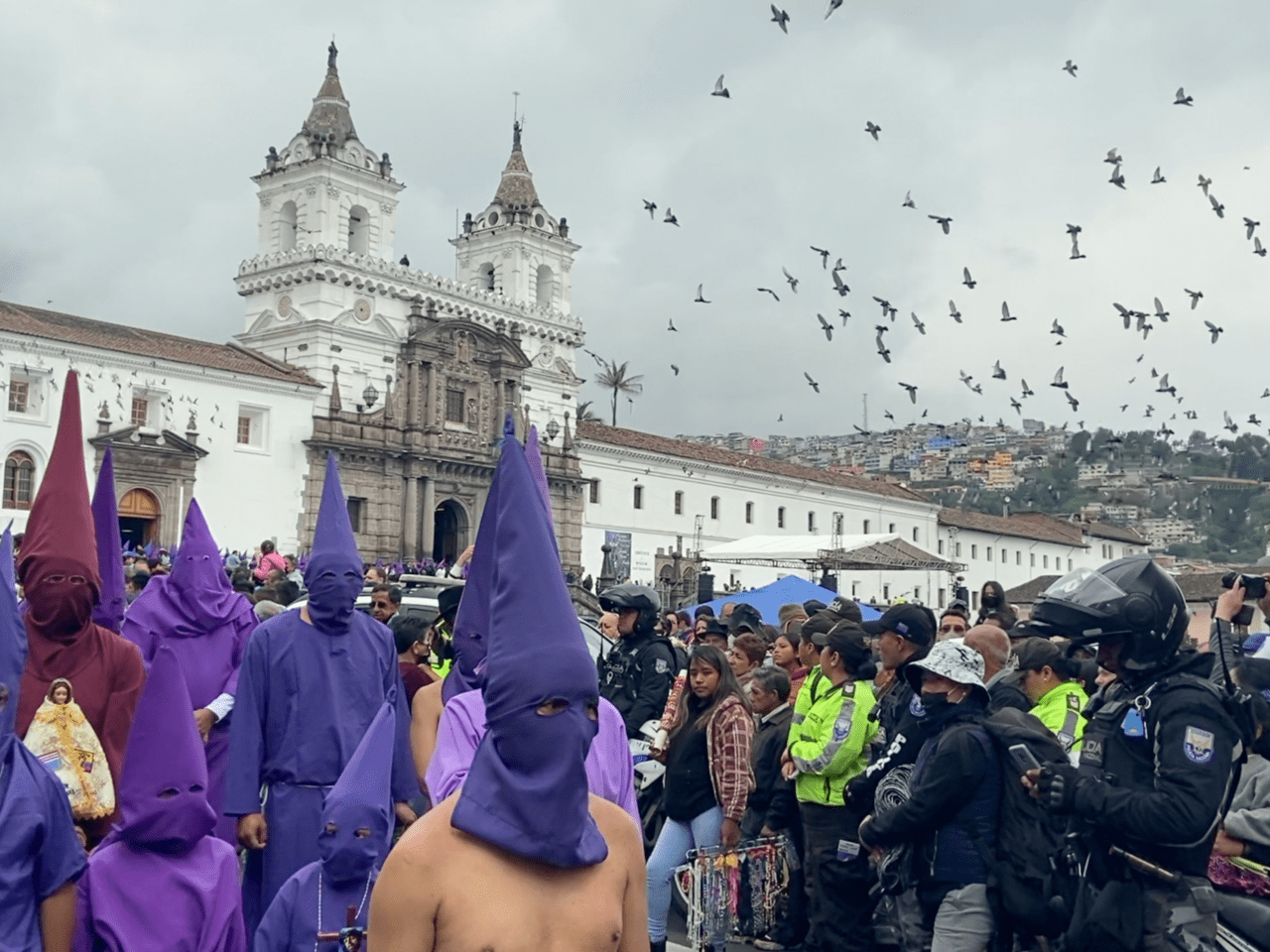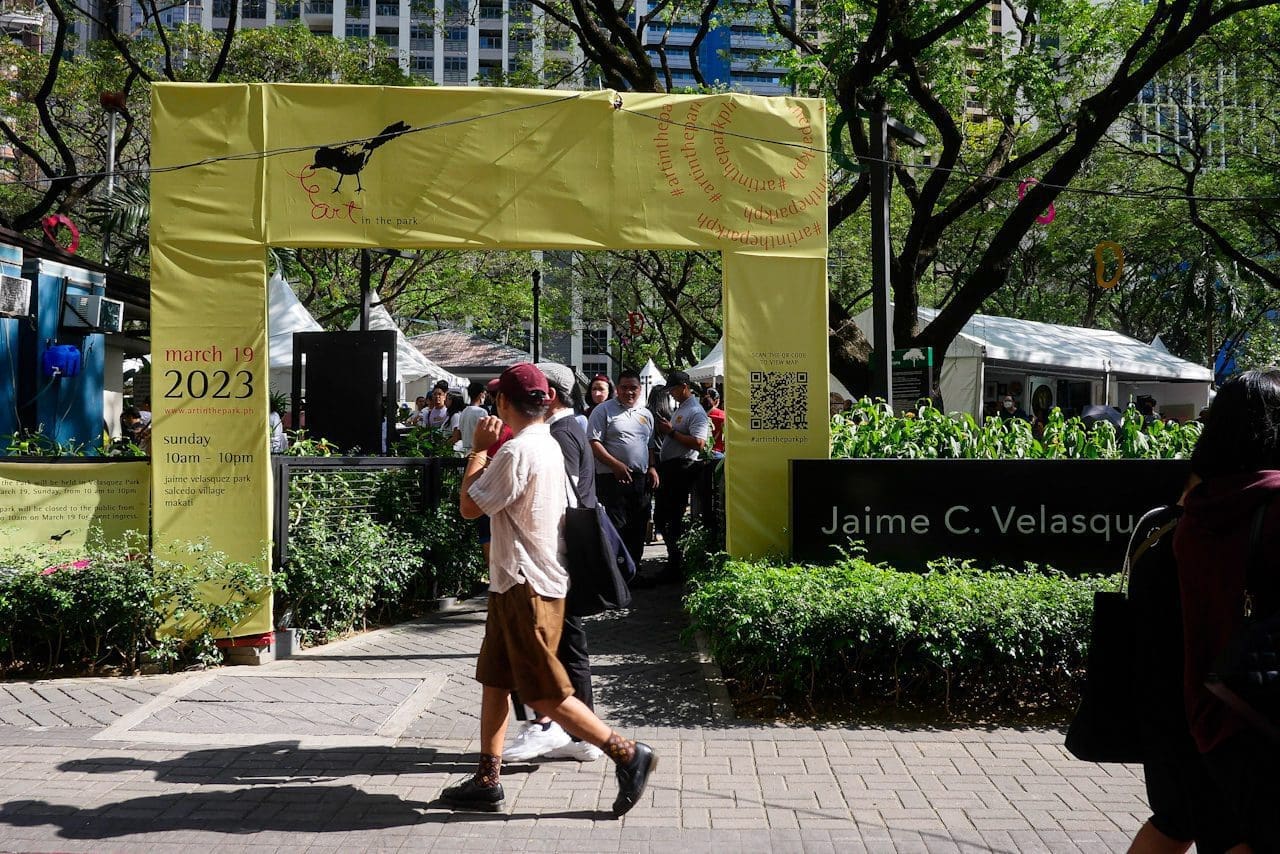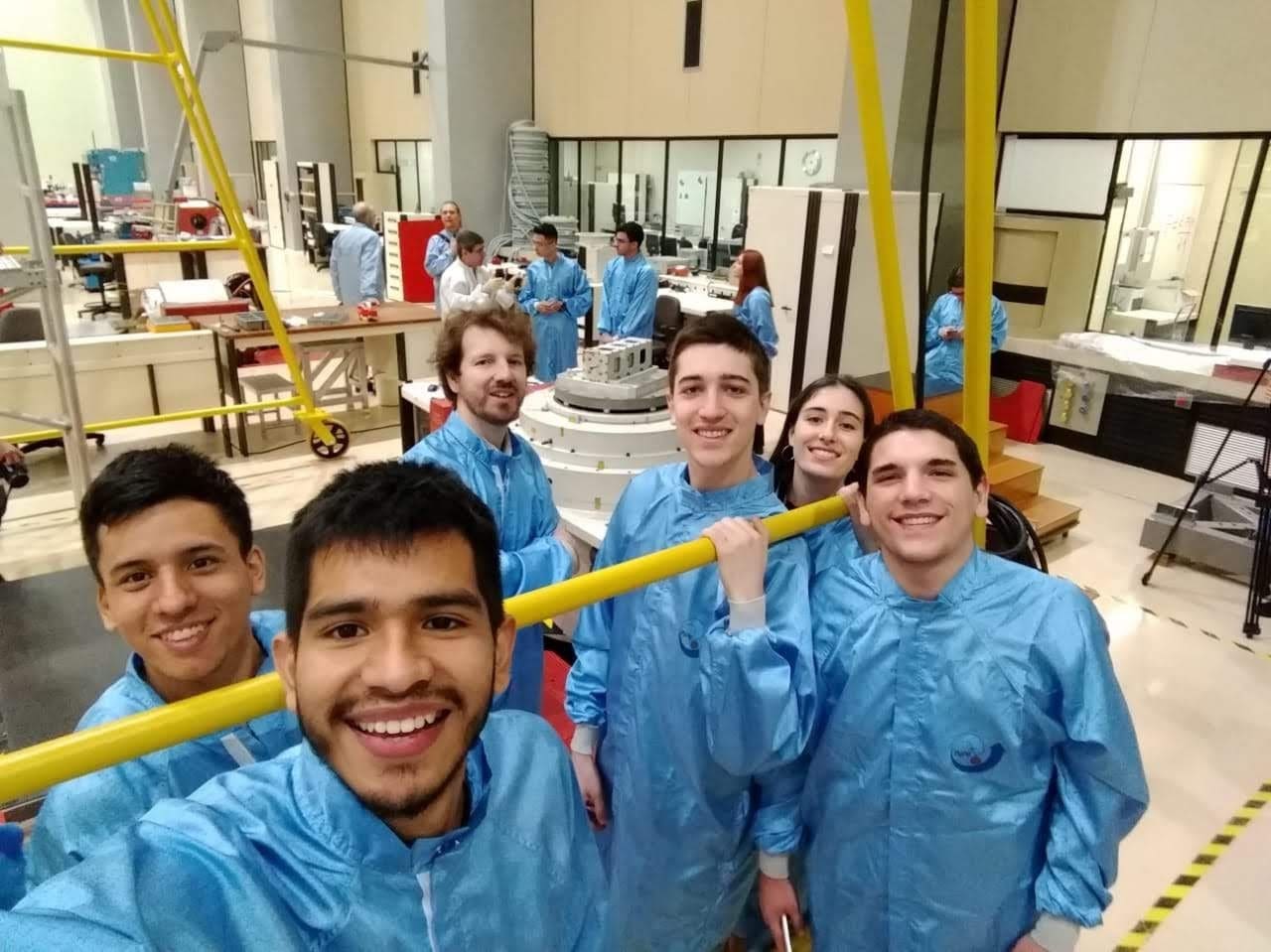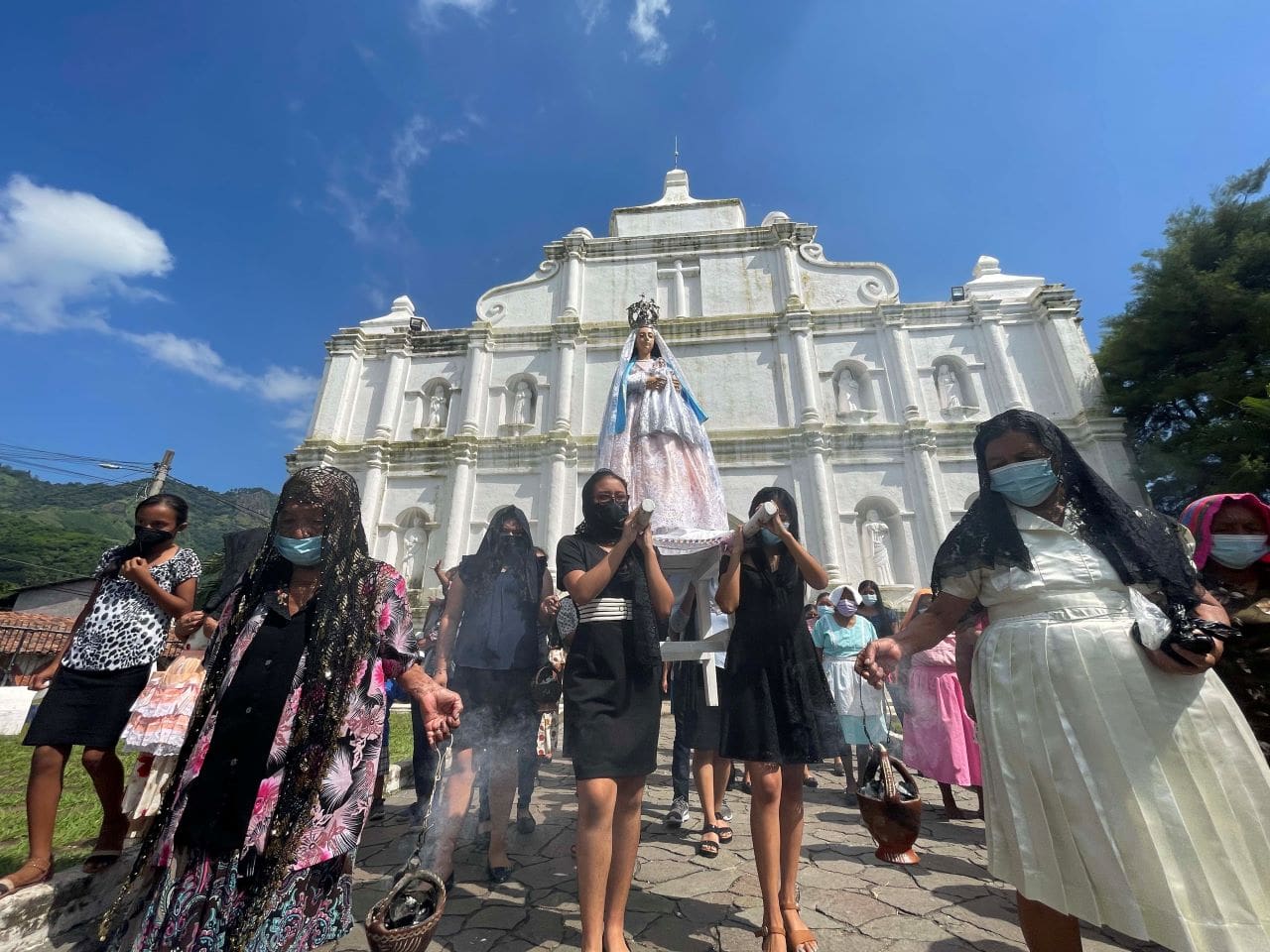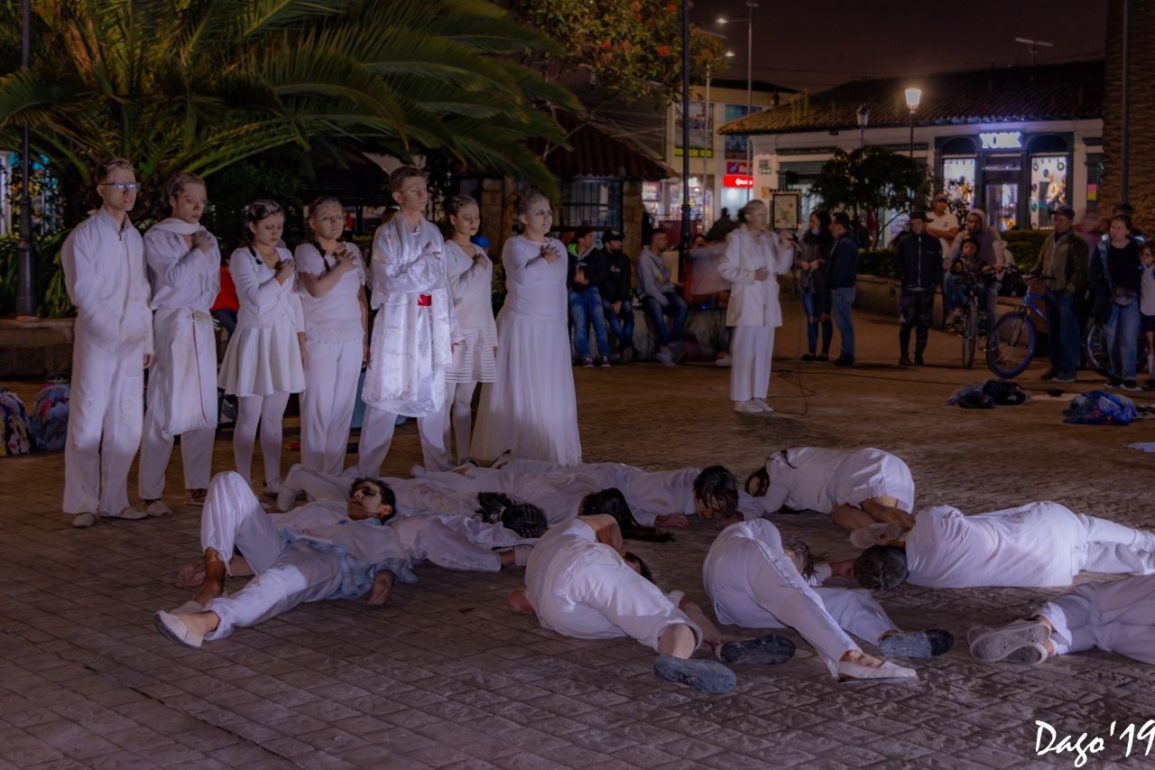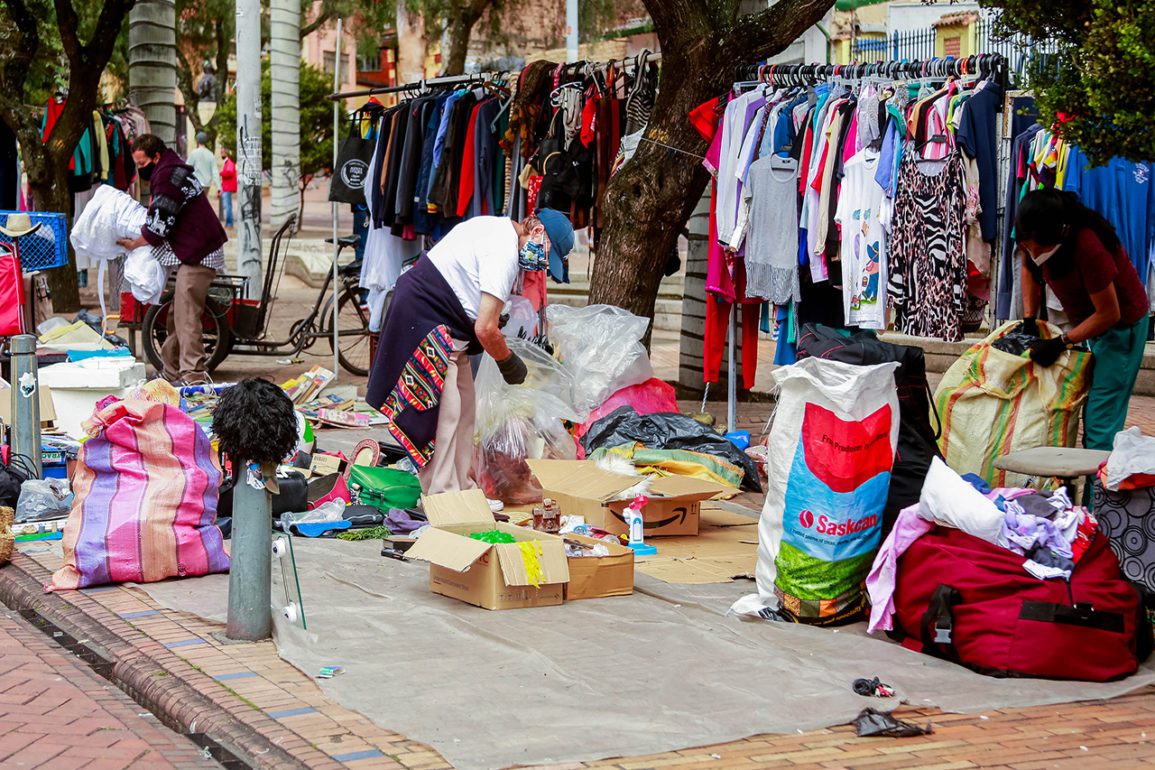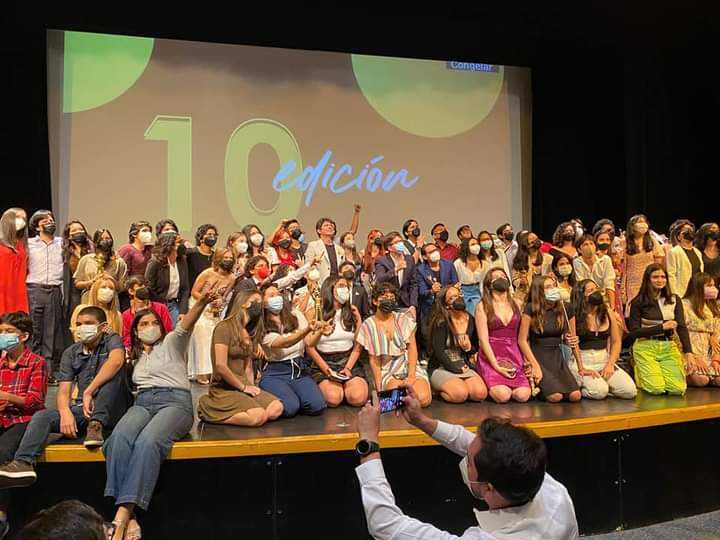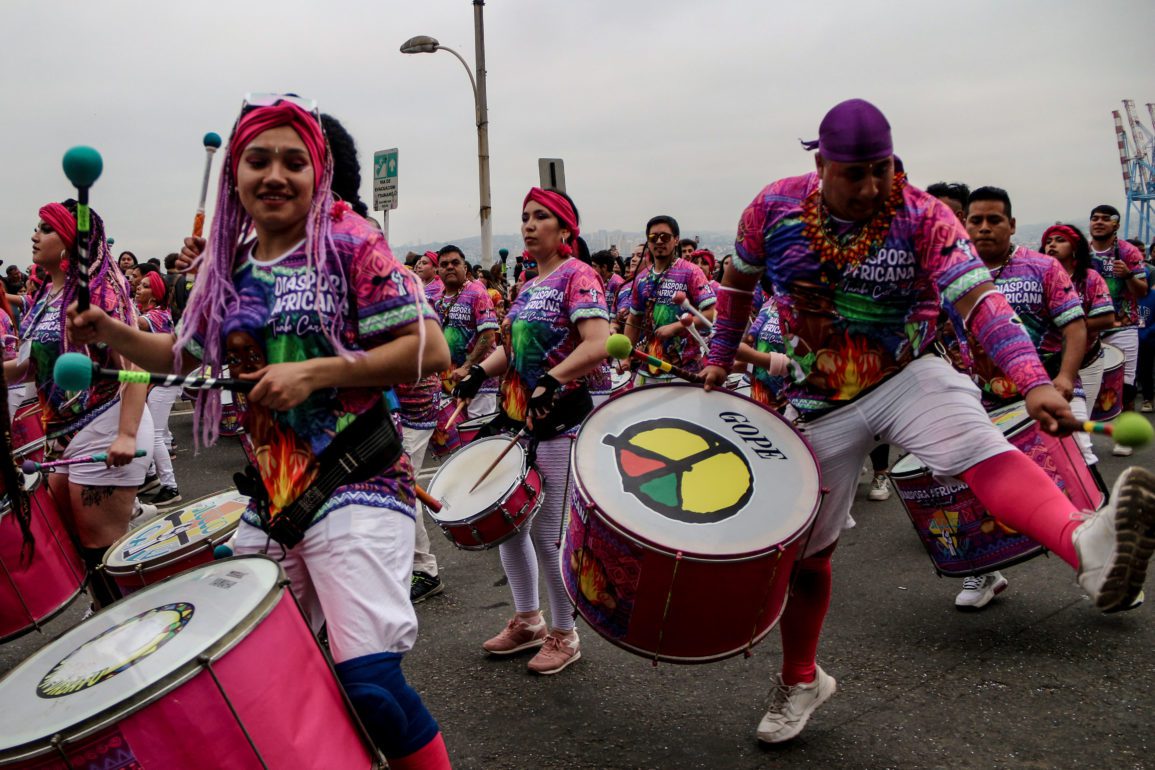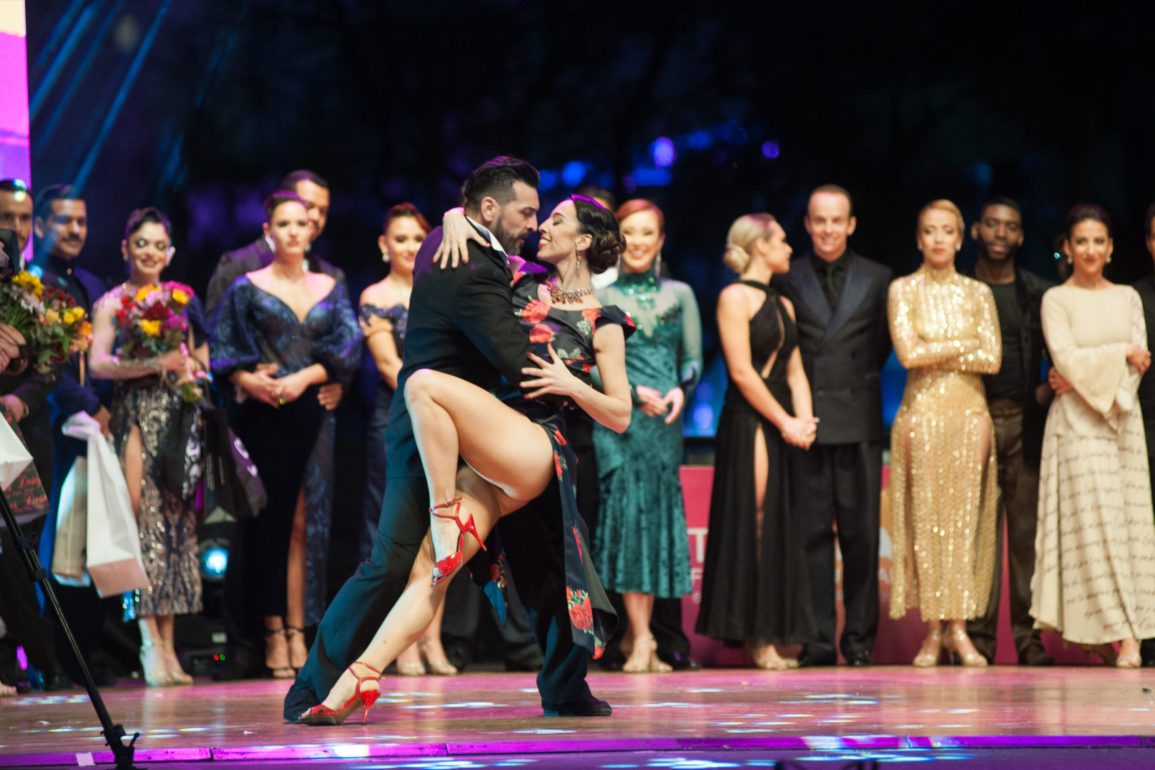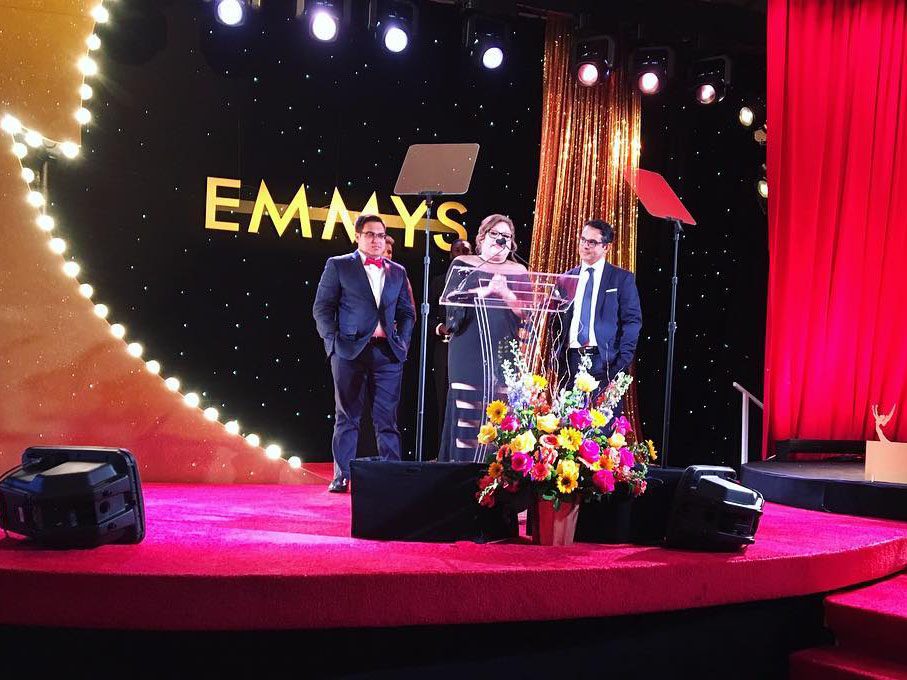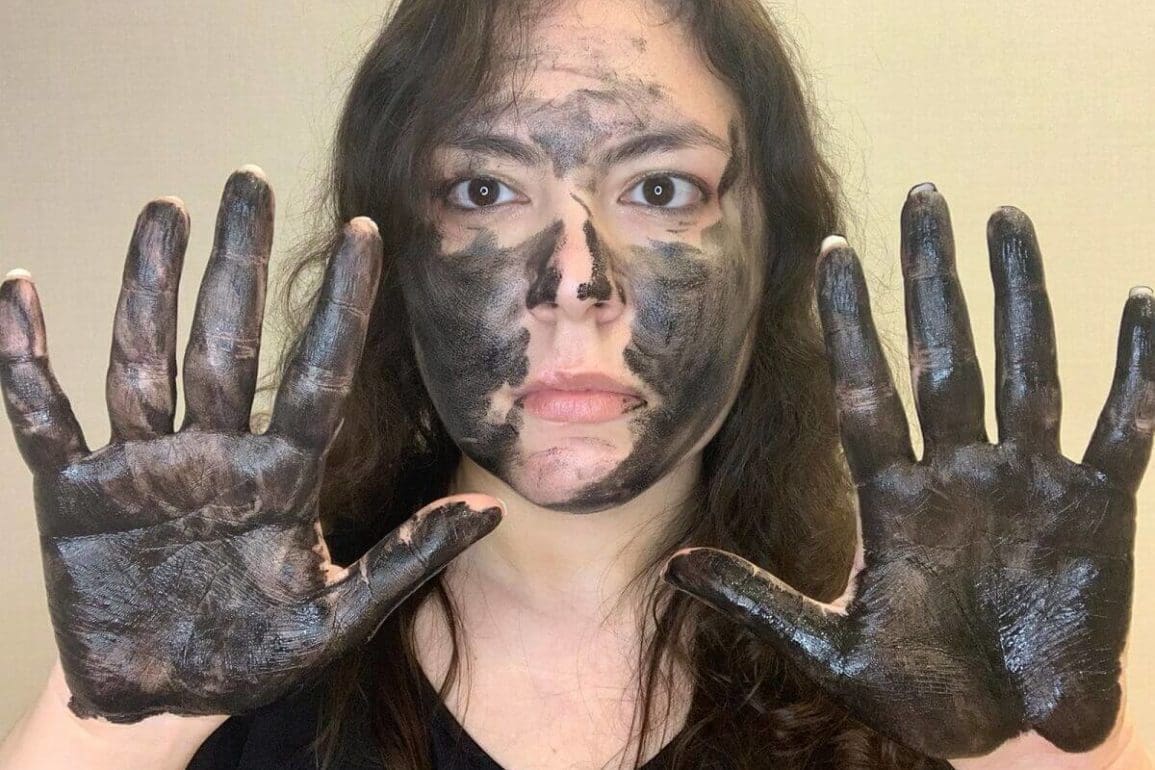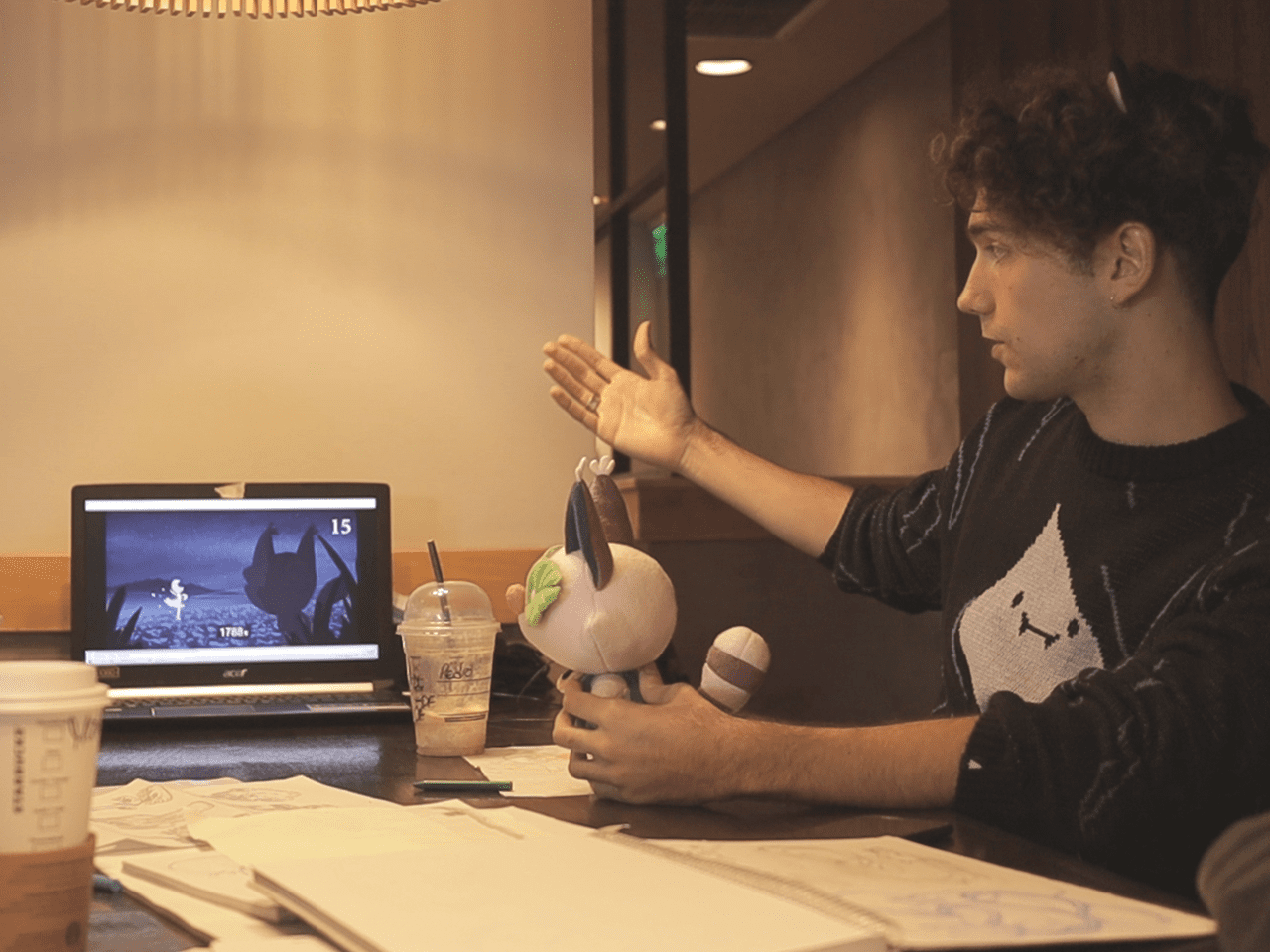The havoc Live Nation-Ticketmaster imposed on entertainment
In November 2022, Live Nation faced extensive criticism during the pre-sale of Taylor Swift’s “The Eras Tour” tickets, as Ticketmaster’s systems became overwhelmed by unprecedented demand.
- 2 years ago
June 24, 2024
Monopolistic markets, where the big fish dominate the small pond, pose significant risks to consumers and the broader economic landscape. These entities can control prices, stifle competition, and dampen innovation, leading to lower product quality and higher inflation.
Recently, in a bold move underscoring the growing concern over monopolistic practices in the entertainment industry, the Justice Department launched a civil antitrust lawsuit against the behemoth Live Nation-Ticketmaster. By seeking to dismantle what it deems an unlawful monopoly, the Justice Department addresses the long-standing grievances of consumers and performers alike, who have felt the squeeze of Live Nation’s market dominance.
Justice Department officials, along with 30 state and district attorneys general, allege that Live Nation-Ticketmaster unlawfully exercises its monopoly power. This conduct has deprived music fans in the United States of ticketing innovation and forced them to use outdated technology while being forced to pay more for tickets than fans in other countries.
Equally detrimental, Live Nation-Ticketmaster wields its power over performers, venues, and independent promoters in ways that harm competition. Consistent with companies where only greed and control matters, the company also imposes barriers that limit the entry and expansion of its rivals, further stifling competitive practices.
Moreover, concerns about fair competition have been raised due to Live Nation’s alleged ownership or influence over more than 265 performance venues across North America, including over 60 of the top 100 arenas in the United States. With annual revenues exceeding $22 billion, this monopoly titan has undermined industry fairness and thereby created a one-horse race.
Live-Nation Ticketmaster debacle with Taylor Swift’s The Eras Tour tickets
In our complex and often tension-filled world, entertainment provides sanctuary—a temporary haven from the daily grind. By enjoying a live performance, a captivating film, a gripping novel, or a catchy song, individuals find comfort and emotional relief. Considering entertainment’s significant cultural impact and role in escapism, letting a single entity call the shots undermines this critical feel-good industry.
The U.S. entertainment industry remains pivotal in crafting global cultural narratives and setting trends. Not only a major economic force, boosting GDP and job creation, it serves as a cultural envoy worldwide. The emergence of the Live Nation-Ticketmaster monopoly within the industry stunts the growth of a sector held dear by Americans. In November 2022, Live Nation faced extensive criticism during the pre-sale of Taylor Swift’s “The Eras Tour” tickets, as Ticketmaster’s systems became overwhelmed by unprecedented demand.
Fans faced technical glitches, long waits, and website crashes, with many unable to buy tickets. The situation became exacerbated by ticket scalpers who quickly resold the scarce tickets at exorbitant prices. Taylor Swift herself voiced her disapproval of Ticketmaster, criticizing the company for failing to meet demand and falling short of providing fair and equitable ticket-buying.
A New York City-based band called Lawrence informed CNBC, when they aim to perform at a specific-sized venue in a certain city, they often have no alternative but to go with Live Nation due to the limited competition in some areas. If they wish to use a different ticketing service, they quickly realize no option exists.
“Ticketmaster has created these exclusive contracts, once you sign that contract, a band is not allowed to come in and say, ‘we want to sell our tickets with X, Y or Z platform,’” said Jordan Cohen, one of the Lawrence’s eight members.
In State of the Union, President Biden first to address antitrust issues since Carter in ‘79
While there is no doubt Live Nation-Ticketmaster holds a dominant position in the industry, having a monopoly itself is not illegal in the United States. Nevertheless, it becomes problematic when a business abuses its monopoly power by engaging in improper conduct and preventing others from entering the market.
In response, the Biden Administration initiated a campaign against monopolies, quietly devising a more stringent anti-monopoly strategy aimed particularly at reigning in big tech and other major American corporations.
In his State of the Union address on February 7, 2023, President Biden said, “Capitalism without competition is not capitalism.” He also urged Congress to enact legislation to bolster antitrust enforcement and prevent large online platforms from unfairly promoting their own products. This marked the first time a president highlighted “antitrust” issues in a State of the Union since President Jimmy Carter in 1979.
The entertainment industry stands at a pivotal point, facing the threat of monopolization that endangers its inherent diversity and the creative freedom that defines its essence. To combat this, a global wake-up call becomes essential to protect the sector from being overrun by a single dominant force.
Enforcing antitrust laws with vigor remains crucial, alongside strategies such as capping market share, bolstering independent productions, and promoting collaborations among various platforms. Support for grassroots movements and crowdfunding can also play a vital role, enabling new artists and smaller entities to make their mark in the industry. Failing to take proactive steps could lead to the loss of the industry’s creative dynamism and the variety of choices that hold great social importance.




























